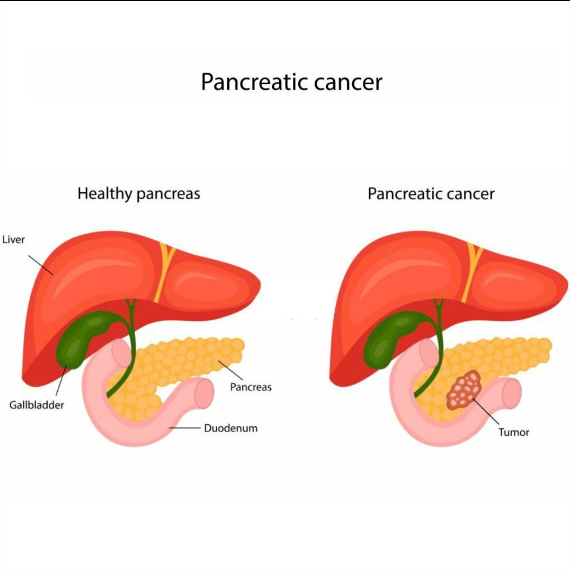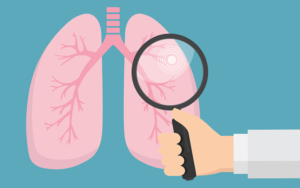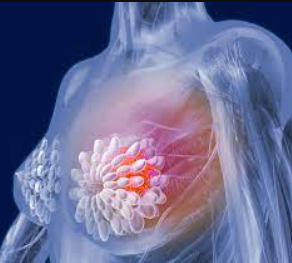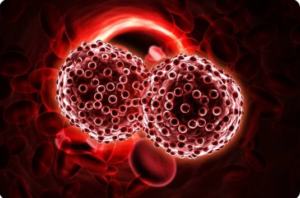Pancreatic cancer remains one of the most challenging diseases to diagnose and treat. This comprehensive guide explores its definition, causes, symptoms, treatment options, and prevention strategies, aiming to provide valuable insights for those seeking to understand this severe condition.
What is Pancreatic Cancer?
Pancreatic cancer begins in the tissues of the pancreas, an essential organ lying behind the lower part of the stomach. The pancreas plays a crucial role in digestion and hormone production. Unfortunately, pancreatic cancer is often detected late, progresses rapidly, and has a poor prognosis.

Causes of Pancreatic Cancer
The exact causes of pancreatic cancer are not fully understood, but several risk factors have been identified:
Genetic predisposition: A family history of the disease significantly increases risk.
Lifestyle factors: Smoking, heavy alcohol use, and obesity.
Medical history: Chronic pancreatitis, diabetes, and certain hereditary conditions.
Symptoms of Pancreatic Cancer
Symptoms of pancreatic cancer typically appear when the disease is in its advanced stages and may include:
- Jaundice: Yellowing of the skin and eyes.
- Abdominal pain: Especially pain that radiates to the back.
- Weight loss and fatigue: Unintentional weight loss and extreme tiredness.
- Digestive issues: Including nausea, vomiting, and difficulty digesting fatty foods.
Treatment Options for Pancreatic Cancer
Treatment for pancreatic cancer depends on the stage of the disease, overall health, and preferences of the individual. Common treatment methods include:
- Surgery: To remove the tumour when possible.
- Chemotherapy: Uses drugs to help kill cancer cells.
- Radiation therapy: Uses high-energy rays to target cancer cells.
- Targeted therapy: Focuses on specific abnormalities within cancer cells.
- Palliative care: Helps relieve symptoms and improve quality of life.
Prevention of Pancreatic Cancer
Preventing pancreatic cancer involves reducing known risk factors. Here are some tips:
- Avoid smoking: Smoking is a significant risk factor.
- Maintain a healthy weight: Exercise regularly and eat a balanced diet.
- Regular medical check-ups: Especially for those with a family history of the disease.
Frequently Asked Questions
How is pancreatic cancer diagnosed?
Pancreatic cancer is typically diagnosed through a combination of imaging tests like CT scans, MRI, and endoscopic ultrasounds, along with biopsy procedures.
Can pancreatic cancer be cured?
Pancreatic cancer is curable primarily when detected in the early stages, though it remains challenging due to its late detection. Treatment aims to extend life and improve quality of life.
Are there any new treatments for pancreatic cancer?
Recent advancements in targeted therapies and immunotherapies are promising, focusing on specific genetic markers and enhancing the immune system’s ability to fight cancer.




